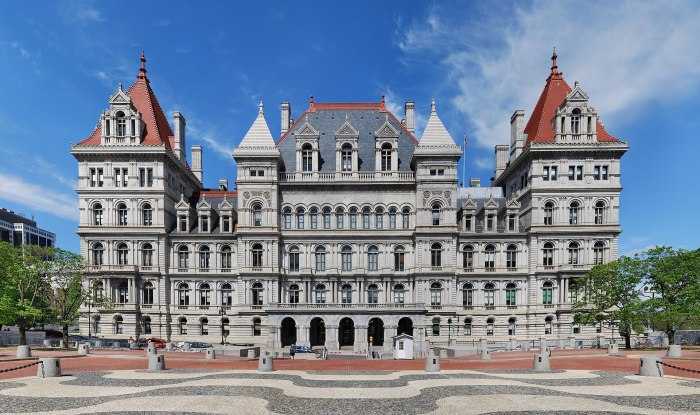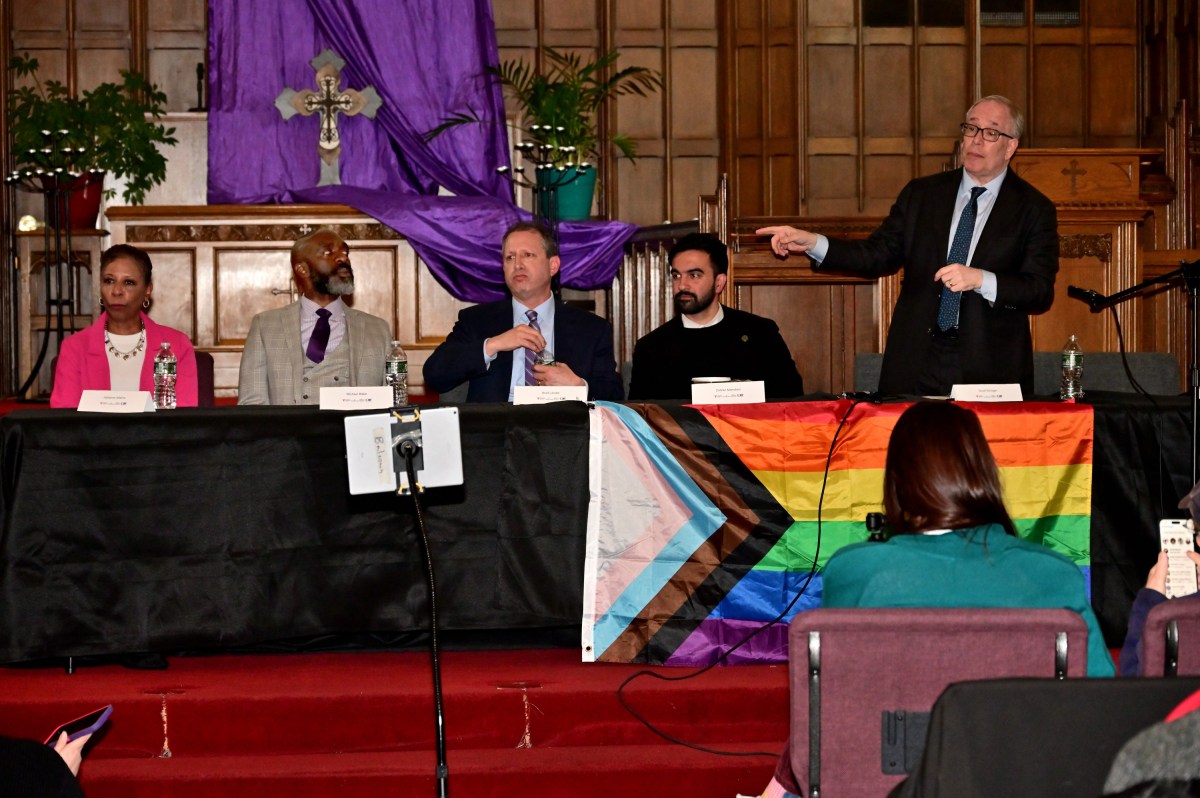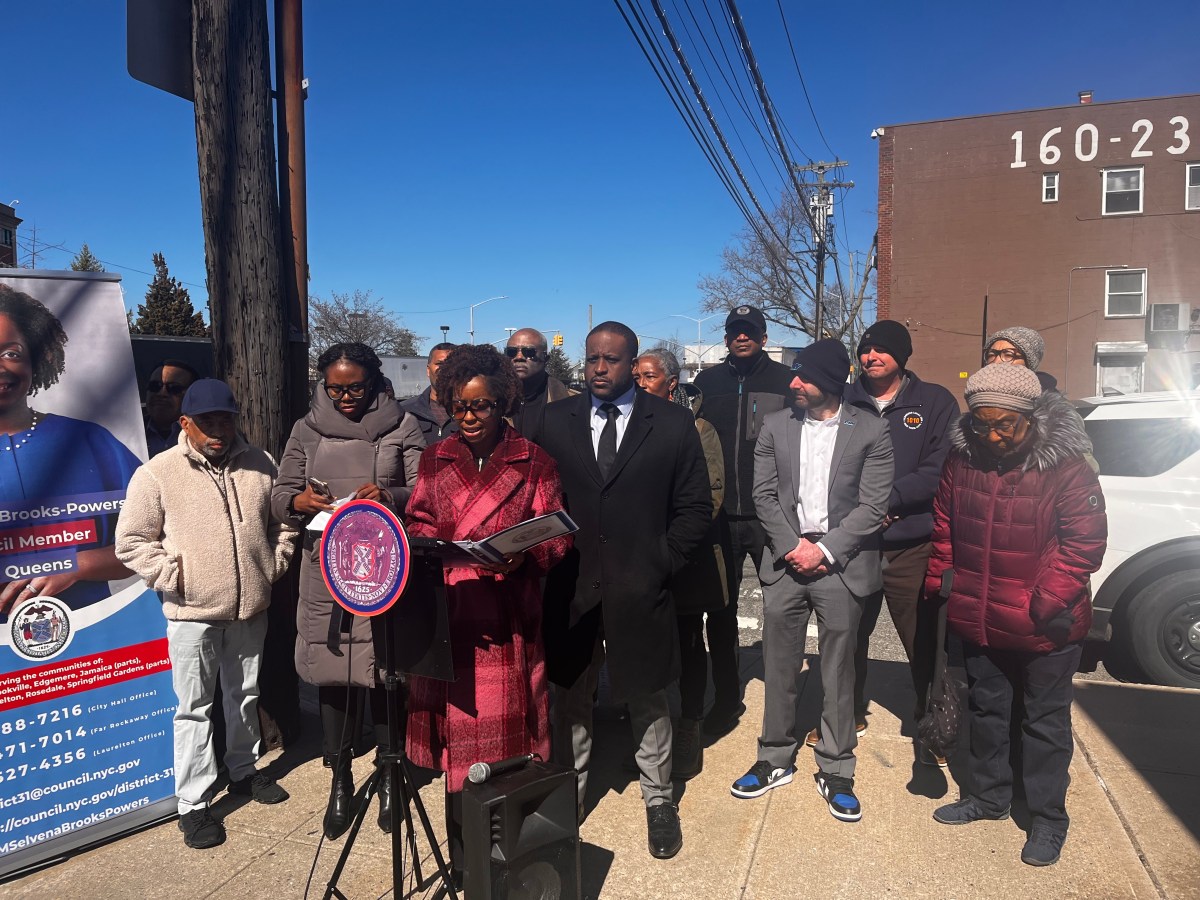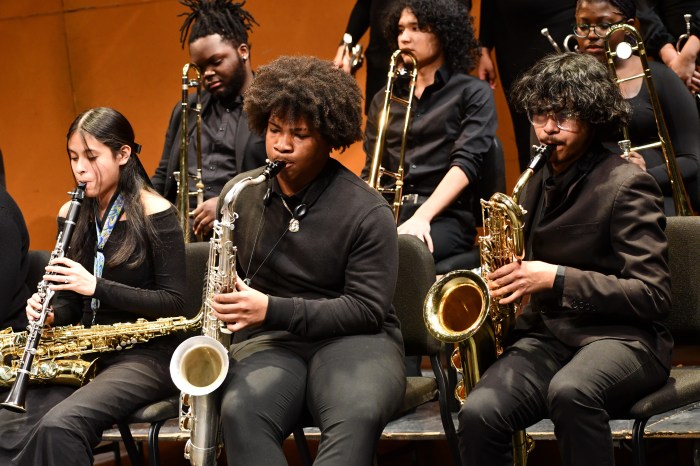In order for families to remain in New York City and benefit from all the extraordinary things our city has to offer, they must be able to rely on early childhood education programs that support them and their children. However, a major affordability crisis, colliding with growing uncertainty in the availability of 3-K and Pre-K, threatens the ability of middle- and working-class New Yorkers to raise their families in the city they love.
The immense costs of housing and childcare have created intensifying pressures on them to depart for more affordable locations. Our city government can and must avert this drain of families from our city by safeguarding and strengthening early childhood education programs, because ultimately it is our economy, communities, and education system that will suffer.
Yet instead of investing in these programs, Mayor Adams’ administration has reduced funds for them. The mayor’s proposed budget contains another $170 million in cuts to 3-K and Pre-K, which could eliminate up to 15,000 available seats.
Cuts to these programs that provide high-quality education options for our youngest New Yorkers compromise their futures and pose critical challenges to the stability of families and New York’s economic strength.
This is the wrong approach for New York City.
The Council’s recently released Preliminary Budget Response prioritizes 3-K and Pre-K, highlighting that the City has the financial resources to support these vital investments. It calls for the restoration of the $170 million cut and proposes an additional $45 million to enhance the Council’s initiative to convert more 3-K slots to full-day/full-year seats that better meet the needs of working families. The Council also proposes adding $10 million to reinstate previous outreach efforts that boosted enrollment but were disbanded by this Administration, so families are aware of their options to enroll their children. When families clearly need early childhood education and we are unable to provide it, despite vacant seats, this reflects bureaucratic failure in managing the system.
3-K and Pre-K are more than social and educational initiatives; they represent a sound and proven economic strategy with enduring benefits for the city’s workforce. According to the Citizens Committee for Children, 80% of New Yorkers cannot afford child care costs, with families allocating as much as 43% of their income to center-based care alone. This diverts $6 billion in families’ disposable income. Access to universally available free programs can alleviate this affordability burden, increasing household income, spending ability, and the productivity of our workforce.
By offering reliable and affordable programs, we empower parents, particularly mothers, to fully engage in the workforce. According to the National Women’s Law Center, access to child care raises women’s labor participation rate, an especially important outcome when New York’s sits at 55.9 percent. In New York City, Robin Hood Foundation highlighted that mothers in school districts with greater 3-K availability were more likely to be in the workforce and employed full-time.
Currently, our city loses a staggering $2.2 billion in annual tax revenues due to having a workforce unable to secure reliable child care.
It has been proven that greater public investments in early childhood education have immediate economic benefits. By adopting comprehensive and affordable early childhood education that provides a seat for every child who needs one, we can strengthen our economy.
Beyond the immediate economic benefits, early childhood education is also an investment in our city’s future generations. Studies consistently show that quality programs lead to improved academic performance, higher graduation rates, and a skilled workforce ready to meet the demands of a rapidly evolving job market. Making early childhood education a priority lays the foundation for our city having a highly educated and competitive workforce, preserving the ability to attract businesses seeking a well-educated talent pool.
The return on our investments, both immediate and long-term, far outweighs the initial financial commitment. We must view this funding not as a fiscal burden, but as a strategic investment to prevent economically diverse families from fleeing the city. In turn, we can prevent the lethal spiral of student enrollment losses causing us to lose school funding.
Rather than cutting back on these critical programs, the City must swiftly refocus the Department of Education’s lens on early childhood education, intensify outreach efforts to improve access and bolster utilization, expand full-day/full-year seats, and invest in the sustainability of quality programs.
Slashing funds for proven programs will only move our city backward, at a time when we need to strengthen family stability to sustain population levels, prioritize increased affordability, and boost our local economy. It is more pivotal now than ever that our city prioritizes funding for early childhood education to retain a talented workforce, support middle- and working-class families, and preserve all that makes New York great.






































